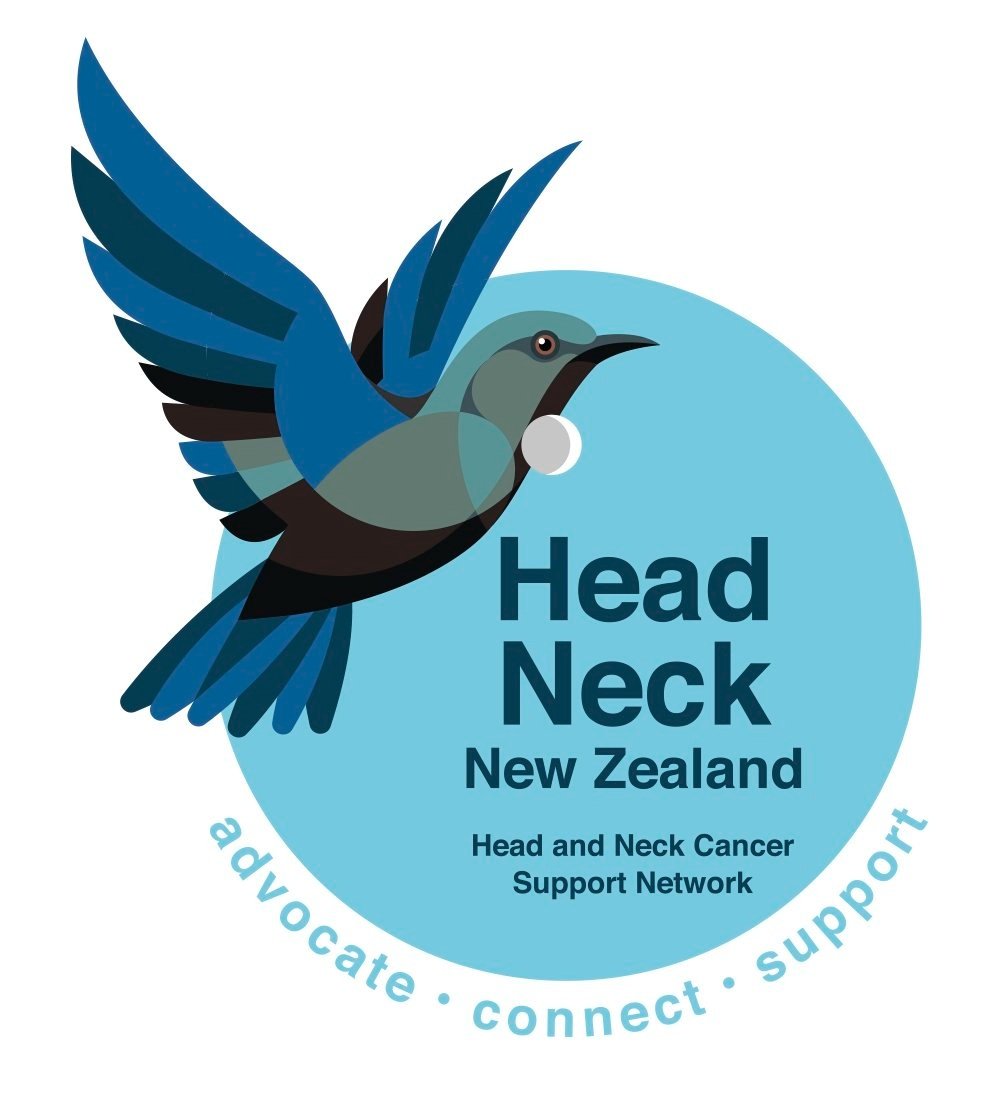Enhancing psychosocial support for hnc patients
Luke Meehan, shares the results of his recently completed Master’s thesis at Victoria University of Wellington, which explored how people with head and neck cancer experience psychological and social support in Aotearoa New Zealand.
This research was informed directly by the voices of people living with head and neck cancer, highlighting their challenges, what’s working well, and where improvements can be made. He hopes that these findings will help guide services, resources, and community initiatives to better meet the needs of this group.
Attached you’ll find:
The full thesis for those who wish to explore the details further
This study examines the psychosocial support experiences of head and neck cancer patients in Aotearoa New Zealand, highlighting areas for improvement.
We have created our summary which you can read here.
Impacts of Delays
Participants reported significant delays in diagnosis and treatment due to a lack of awareness about HNC symptoms.
Some experienced false reassurance and had to seek multiple opinions, indicating knowledge gaps among healthcare professionals.
Women reported fears of being dismissed, which hindered self-advocacy and delayed further investigation.
Delays in accessing post-treatment support services negatively impacted recovery and quality of life.
‘Post-code Lottery’
Geographic location affected access to care, with rural patients facing treatment delays and limited support.
Participants felt excluded from key decisions made by multidisciplinary teams (MDTs) due to communication gaps.
Further assessment of regional differences in support services is recommended.
Information Communication
Clear, detailed, and personalised information helped participants feel autonomous and less anxious during their cancer journey.
Many felt unprepared for treatment challenges due to generic materials and a lack of tailored communication.
Multimodal information delivery (verbal and written) is essential for supporting patient understanding.
Respecting individual preferences for involvement in decision-making is crucial for effective MDT communication.
Whānau/family Peer Support
Whānau and peer support were vital for emotional and practical help, but participants worried about burdening loved ones.
Parents of young HNC patients felt unsupported in managing family dynamics and communicating with children.
Holistic family-centred care models, like Māori health frameworks, could enhance patient well-being.
Limited access to formal in-person peer support indicates a significant service gap.
Healthcare Support
Compassionate, holistic care from healthcare professionals is essential for supporting HNC patients.
Clinical Nurse Specialists were valued for their biopsychosocial approach, addressing medical and emotional needs.
Access to allied health services was inconsistent, impacting dietary and psychological support.
Flexible, patient-centred dietary plans and ongoing psychological support are necessary for better outcomes.
Evaluating Support through the Lens of “Conditional Compassion”
Participants noted disparities in support and recognition compared to breast cancer patients.
Variability in cancer types complicates the delivery of tailored information and care.
Younger patients reported unmet needs, particularly parents seeking support.
Online communities emerged as vital sources of connection and advice.
Implications: Increase awareness of HNC symptoms
Lack of awareness among the public and healthcare professionals contributed to delays in diagnosis.
Public health initiatives should focus on raising awareness of early symptoms, especially in high-risk groups.
Targeted training for general practitioners and dentists is recommended to improve early detection.
Prioritise post-treatment care for HNC patients
Improved post-treatment care is essential to address prolonged functional and psychological challenges.
Timely access to rehabilitation and integrated care pathways is crucial for recovery and well-being.
Increased awareness among healthcare professionals about post-treatment care needs is necessary.
Improve patient education information resources for HNC
A comprehensive approach to patient education is needed, addressing specific cancer types within HNC.
Regularly updated, culturally responsive resources should be developed to meet diverse community needs.
Involving HNC survivors and caregivers in resource development can enhance relevance and accessibility.
Family-centred support for HNC patients with children
Greater support is needed for HNC patients with young children to help manage family dynamics.
Structured guidance and child-friendly resources can assist families in navigating emotional challenges.
A holistic family-centred approach can improve the well-being of both patients and their families.
Expanding peer support for HNC patients
There is a need for greater peer support for HNC patients, as current options are limited.
Structured peer support programs, both online and in-person, could reduce feelings of isolation.
Such programs would be especially beneficial for patients in regional areas with limited access to services.

